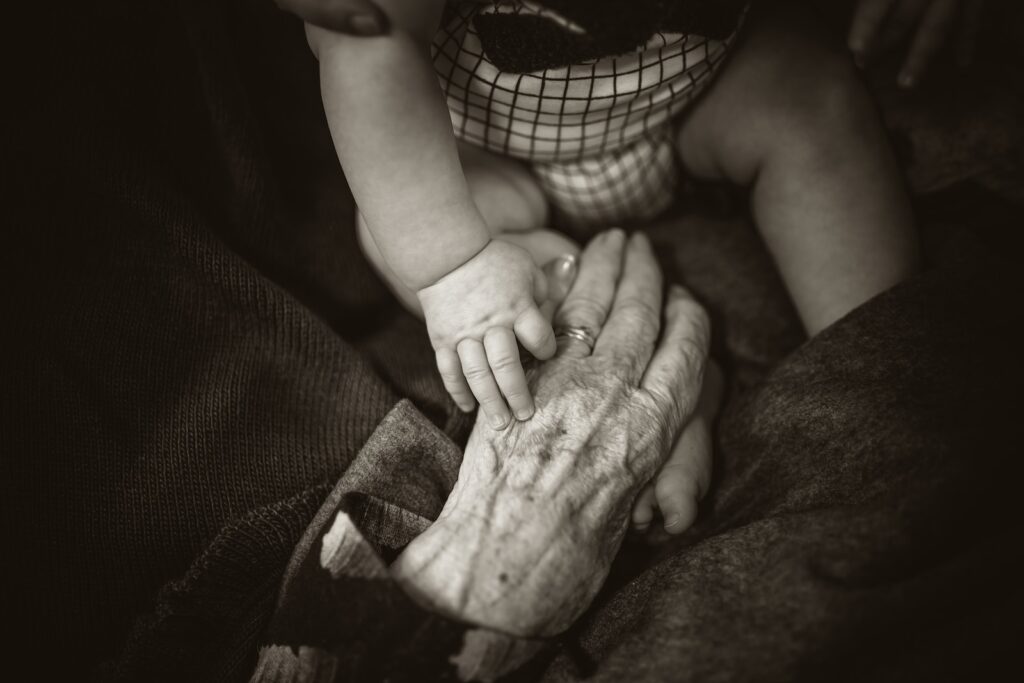We all get old. It can be unpleasant to think about, but that is just a part of life, a reality of human existence.
For the last two years I cared for my elderly grandmother who has dementia. At the beginning it wasn’t all that bad. She still had her good days. She still knew who she was and who I was. By the end of my time with her I had become “the girl in the corner” or “the one with food”. She would frequently mention how I, Kiera, had not visited her in some time.
There was a learning curve when it came to being a caretaker for a family member struggling with this. Below I share some tips to help you learn how to make the best of these years.

Live in Their Reality
People living with Alzheimer’s or dementia are generally living in a different reality than we are. They want to go visit their long dead father, or take a walk in the woods despite being wheelchair bound. When you correct them that these things are impossible, they are forced to live through that loss over and over again. Mourn their father all over again. Mourn their inability to walk.
For an able-bodied person this does not seem all that bad, but to someone losing that ability, it can break them. At least for that day, and then the next, and then the next. It is a vicious cycle every time they are broken out of their reality.
Putting It Into Practice
When my grandmother decides to go on a walk or to take a drive, we go through every step that would be required for her to do these things. We go through the motions of getting her dressed in nice clothes, doing her makeup, doing her hair. By the end of the process, she is tired and decides to push her visit to another day. Sometimes, she does not even recall what we were getting ready for in the first place.
To engage with their reality alongside them is the best way to positively live with and humanely treat someone who is experiencing this.

When a loved one starts asking for someone who has passed away it can be jarring for you to answer honestly. At first, I believed honesty was the best policy. After experiencing the grief that came with telling my grandmother her brother was dead, I quickly realized this was not the way to go about it. Instead, I found it best to distract her. There is nothing wrong with telling a person with Alzheimer’s that their mom isn’t up for coming to see them today. Focus on their reality, not your own.
Happier Times
When people with Alzheimer’s focus on their reality they can be prone to letting depression sink in. My grandmother regularly bursts into tears when she realizes she cannot walk anymore. For such a strong woman to be reduced to this, it can be really challenging. This is when it can be best to bring up happier times.
Grabbing an old box of pictures and asking about the people in them can bring the spark of joy back. Distracting her with memories of times when she was happier and in full control of her faculties helped free her from the unavoidable difficulties of her present situation.

A great method that I loved to use was putting on music that was popular in her younger years. Chubby Checker’s The Twist was a big hit. She laughed hard when I combined it with doing the dance with the dog as my partner. Seeing her face glowing and watching her sing along to every word not only turned her day around, but put a sparkle in mine.
Conclusion
You can find many healthy ways to enjoy these last few years with your loved ones and try to make each day magical for them. When it comes to dementia and Alzheimer’s, every day is a journey. Challenging and painful though it can often be, it’s well worth it.

Great advice